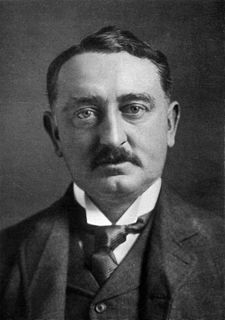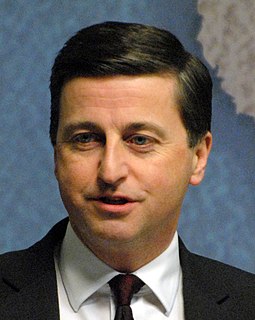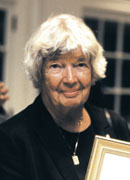A Quote by David Olusoga
The loss of the American colonies was the first time the process of British empire building had been put significantly into reverse, and became the starting point for a nostalgic yearning for lost colonies - and the wealth and global influence that came with them - that has become part of our national psyche.
Related Quotes
Postcolonial critics are, I suspect, wrong when they argue that the mass of British people still mourn the loss of empire. But Britain's politicians - and its Foreign Office - have found it hard to adjust to the loss, not so much of onetime colonies as of the global clout the colonies once afforded.
The British government had not engaged in any serious actual oppression of the colonies before 1774, but it had claimed powers not granted by the governed, powers that made oppression possible, powers that it began to exercise in 1774 in response to colonial denial of them. The Revolution came about not to overthrow tyranny, but to prevent it.
But the fact is we did have colonies in the east of Poland, we did have a slave economy there. But this is not common knowledge - or part of our national myth. It goes against the current romanticised view of the government, and much of the country, that Poles have always been victims, never oppressors.
I spent a lot of time studying our Founders and people like Samuel Adams and the original Tea Party. What Adams and the Sons of Liberty did in Boston was spread the word about the abuses of the British. They had Committees of Correspondence that got the word out to the colonies. We need Committees of Correspondence now, and we are getting them.
In the past, the British had signally failed to build an effective structure of royal authority and administration in their American colonies. As a result, no possibility existed of soothing and winning over influential and talented Americans, in the way that influential and talented Scotsmen were increasingly being won over, by giving them increased access to state employment.
Taxation, the very thing that had triggered the British civil wars, would do so again, this time in America. The taxes may have been different, but the result would once again be disaster. What happened in America was really round two of those wars - the civil war of the British Empire, with the Hanoverians playing the part of the Stuarts, and the Americans the heirs of the revolutionaries, of Cromwell and of William III, the inheritors of a true British liberty, that had somehow got lost in its own motherland.





































